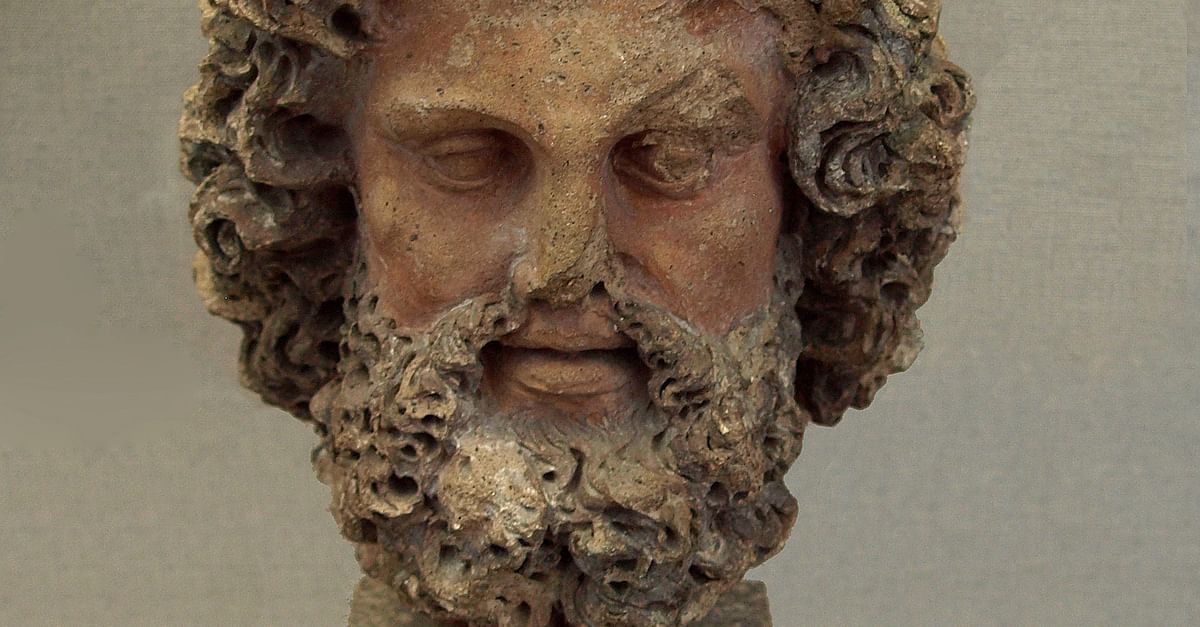I have a few different ideas for how to approach this.
I'm showing my age, but in the Percy Jackson universe the Greek gods and their Roman equivalents are the same entities, but have split personalities based on how they were worshipped by different peoples. Mars is much more disciplined, intelligent, and important than the savage, stupid Ares. Some gods don't have an equivalent in the other pantheon (Iris is only Greek, Bellona is only Roman). The different versions of the gods causes conflicts between the Greek and Roman demigods and incapacitating headaches for the gods whose Greek and Roman forms are wildly divergent.
You could do something similar to this, having the gods be the same entities but worshipped in different ways depending on the culture. If you use the "worship is power" rule, this would be because different cultures worship the same gods in different ways, causing them to develop different portfolios and roles in the pantheon. Or you could just say that each god contains multitudes and have incredibly vast portfolios, which different cultures choosing different aspects of the gods that they think are more important.
Or just pick a pantheon from a more different religion to be in conflict with the Greek/Roman gods. Maybe the Aesir from Norse mythology. Or the Greek Gods go to war with the Jotunns in a second Gigantomachy.
While there’s a great deal of conceptual overlap between the Ancient Greek and Roman religions, they are very much distinct belief systems, and there are significant differences among their pantheons. I would definitely not treat them as one and the same.
This is a complicated topic. There are some Greek and Roman gods that absolutely have the same source in the much earlier Proto-Indo-European religion. The main example is Jupiter/Jove and Zeus, which both come from the PIE *
Dyḗus ph₂tḗr (meaning "sky father"). The Romans also controlled the Hellenic world for centuries before Christianity became the dominant religion of the empire, so gods were often conflated/merged (like is common in polytheistic religions). Many Roman gods came from the Greek pantheon (Apollo, Hercules/Heracles) or the Roman gods were heavily influenced by the Greek equivalent (Venus/Aphrodite, Minerva/Athena). This was in part for political reasons, because it's useful to convince the people you conquered that you're more similar than different and actually worship the same gods just under different names. But also Greek art was incredibly influential on Roman art, so the Romans just borrowed many aspects of the Greek pantheon. Hell, Zeus and Jupiter were originally the same Proto-Indo-European god, but diverged from each other for hundreds of years as the Greeks and Romans created their own cultural identities, and then merged again into the same god under the Roman empire. Polytheistic religions are complicated.
There's a reason why Greek and Roman gods are more often conflated with each other than they are with gods from other related pantheons (Celtic, Slavic, Germanic, Iranic, Hindu). It would be wrong to treat the Roman and Greek pantheons as identical, but it would also be wrong to ignore the roots shared by both religions and the intermingling of the religions during the classical Roman Empire.

